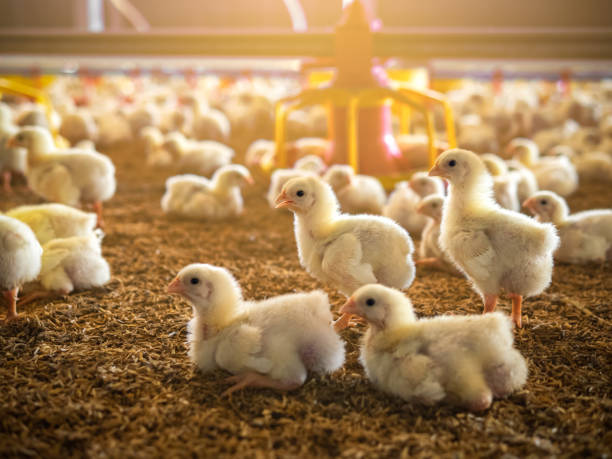In a strategic move to boost national poultry self-sufficiency, the Department of Animal Science at Kwame Nkrumah University of Science and Technology (KNUST) has conducted a hands-on training program for poultry professionals, farmers, extension officers, and Teaching Assistants. The program aimed to transfer modern technologies and improve production practices to address persistent challenges in Ghana’s poultry industry.
Addressing High Mortality Through Knowledge Transfer
Poultry production in Ghana faces a range of challenges, most notably high chick mortality rates—often between 10% and 20% within the first two weeks—largely due to limited access to scientifically backed knowledge. Many farmers still rely on unverified indigenous practices that contribute to early bird losses and inconsistent productivity.
In response, KNUST designed a capacity-building workshop to equip stakeholders with critical skills in brooding, feed formulation, disease management, and food safety.
Collaborative Effort for Impact
The initiative was delivered in partnership with the Ghana Skills Development Fund, the American Soybean Association, and other stakeholders. It also attracted participants from key industry groups such as the National Poultry Farmers Association (NPFA) and Women in Poultry Value Chain (WIPVaC), reinforcing cross-sector collaboration.
“This training aligns with KNUST’s mission to bridge the technology transfer gap. By empowering local actors, we aim to reduce Ghana’s annual importation of 20,000 day-old chicks by at least 50%,” said Professor Jacob Alhassan Hamidu, who led the program.
Industry Leaders Endorse the Program
George Dassah, President of the NPFA, commended the initiative, particularly its emphasis on brooding best practices, which are crucial for reducing early mortality. Florence Doku, Acting Greater Accra Regional President of WIPVaC, also praised the workshop’s relevance, noting that better feed formulation knowledge could significantly lower costs and improve flock health.
A Step Toward National Resilience
The workshop, titled “Bridging the Technology Transfer Gap for Poultry Experts and Consultants,” represents a pivotal step in strengthening Ghana’s poultry value chain from the ground up. By building local capacity, the program aims to enhance food security, reduce import dependency, and create sustainable livelihoods across the sector.



